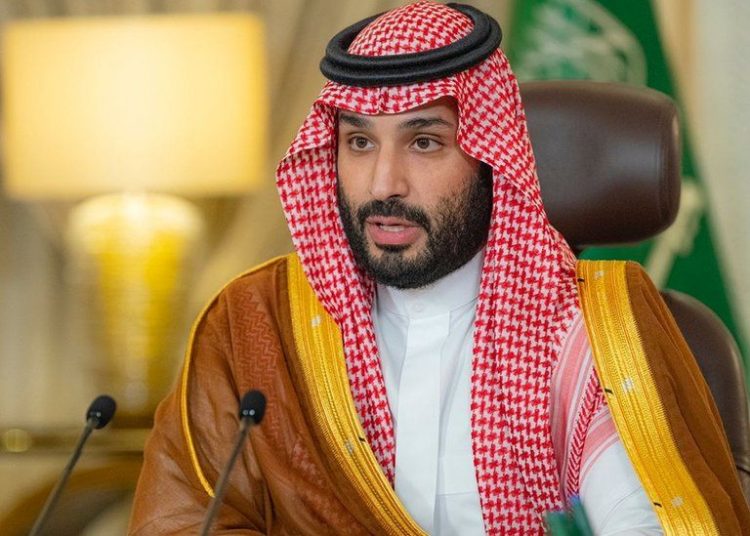Saudi Arabia, a fossil-fuel producer, has joined Russia and China in committing to a net-zero carbon emissions target by 2060. The United States and the European Union are aiming for the year 2060. Great initiative indeed. Saudi Arabia, one of the world’s top oil producers, stated on Saturday that it aspires to achieve “net-zero” greenhouse gas emissions by 2060, joining a worldwide campaign involving more than 100 countries to combat man-made climate change.
Although the monarchy intends to cut emissions within its boundaries, there is no evidence that it will slow down oil and gas investments or surrender control over energy markets by moving away from fossil fuel production. Despite efforts to diversify revenue streams as the globe moves away from reliance on fossil fuels, energy exports remain the backbone of Saudi Arabia’s economy. Oil is expected to bring approximately $150 billion in revenue for the government this year.
Also, know the Top 5 Best European Sim Cards for Travellers in 2021.
Saudi Arabia will plant 450 million trees and repair vast expanses of land by 2030, lowering more than 270 million tonnes of carbon emissions annually and striving to transform Riyadh into a more sustainable capital, according to the prince.
On their claimed net-zero target date of 2060, the kingdom joins Russia and China. The United States and the European Union have set the year 2050 as their target. Analysts say the declaration secures the kingdom’s continued participation in global climate change negotiations. Saudi Arabia has pushed back against those who argue that fossil fuels must be phased out as soon as possible, warning that doing so too soon could result in price volatility and shortages. Recently leaked documents reveal how the kingdom and other governments are pressing behind the scenes to modify the terminology around emissions ahead of the COP26 session.
The decision solely applies to Saudi Arabia’s activities within its borders, and it has no bearing on the country’s continued aggressive investment in oil and export of fossil fuels to Asia and other parts of the world.
























